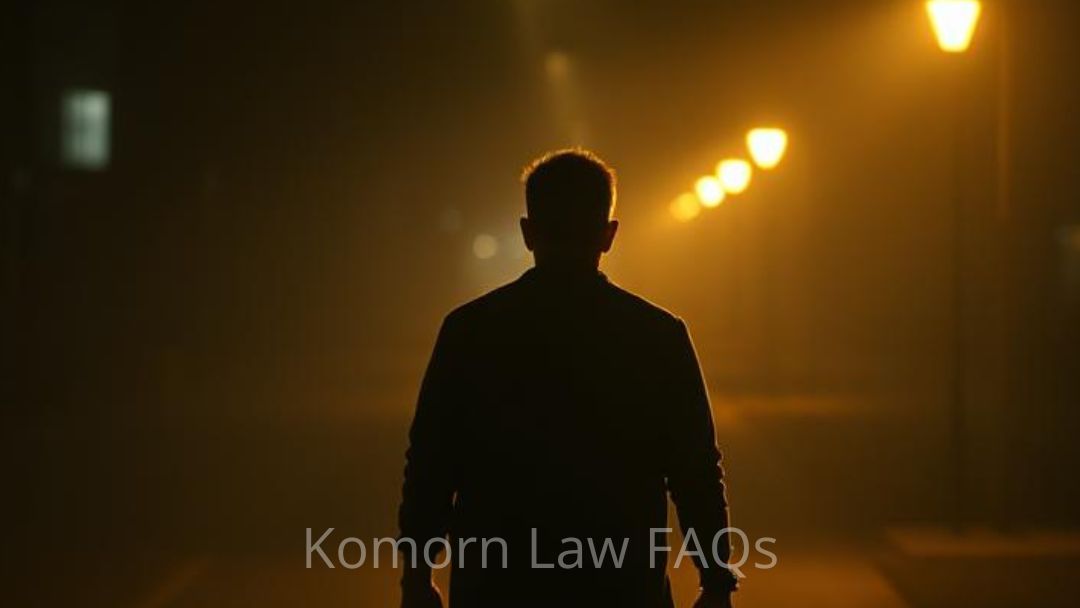Stop resisting!
Defending against resisting and obstruction arrest in Michigan is a serious matter and requires a well-prepared legal strategy.
These are bonus charges you get if you don’t comply like a limp biscuit. They will stay on your record and everytime you have a police encouter it will be at a heightened level putting you at risk.
Hire an Experienced Criminal Defense Attorney
The first and most important step is to immediately seek the help of an experienced criminal defense attorney.
A lawyer who specializes in resisting and obstructing cases will know how to navigate the complexities of the legal system, protect your rights, and build a strong defense.
They will also help you avoid making mistakes that could hurt your case.
Levels of Obstruction and Resisting Arrest in Michigan
In Michigan, the law deals with obstruction and resisting arrest through a range of actions that can interfere with a law enforcement officer’s duties. These actions are illegal and are taken seriously by the courts. Michigan law outlines several levels of offenses for obstruction and resisting arrest, depending on the severity of the act and the resulting consequences.
Resisting and Obstructing Officers
Michigan law, specifically Michigan Compiled Law (MCL) 750.81d, makes it a crime to obstruct, resist, or assault a police officer while they are carrying out their duties.
This law applies not only to police officers but also to firefighters, emergency medical personnel, and other authorized officials.
Resisting involves refusing to comply with lawful orders, such as resisting an arrest.
Obstruction, on the other hand, refers to actions that make it difficult or impossible for an officer to perform their duties, like lying to police, refusing to move when asked, or hiding evidence.
If you are found guilty of resisting or obstructing, you can face a felony charge. The penalties for this crime depend on the circumstances:
- Basic offense: If there is no injury to the officer, the crime is punishable by up to 2 years in prison and/or a fine of up to $2,000.
- Injury to an officer: If the officer is injured during the act of resisting or obstructing, the penalty increases to a maximum of 4 years in prison and/or a fine of up to $5,000.
- Serious injury to an officer: If the officer suffers a serious bodily injury, the punishment increases to 15 years in prison and/or a fine of up to $10,000.
- Death of an officer: If the officer dies as a result of the obstruction or resistance, the offender can face up to 20 years in prison and/or a fine of up to $20,000.
Passive vs. Active Resistance
There is a distinction between passive resistance and active resistance. Passive resistance is often seen in peaceful protests, where someone might sit or stand in a location without fighting back. While still illegal, passive resistance typically results in lower penalties than active resistance, which involves physical struggle or fleeing from an officer.
Obstructing Justice
Obstructing justice is broader than just resisting arrest. According to MCL 750.478a, this charge can include things like:
- Hiding a suspect from police
- Destroying or tampering with evidence
- Providing false information to law enforcement
These actions are considered felonies, and penalties can be severe depending on the level of obstruction.
Legal Counsel and Your Rights
When facing legal challenges, particularly in criminal cases, it is advisable to seek legal counsel immediately.
An experienced attorney can provide guidance on how to navigate interactions with law enforcement while safeguarding your constitutional rights.
Since 1993 our expert legal defense in navigating criminal law matters and protecting your constitutional rights are what we eat for breakfast everyday.
Contact Komorn Law PLLC if you’re ready to fight and win.
Research us and then call us.
Legal Defenses
If someone is charged with resisting or obstructing an officer, they may have some legal defenses available. These can include:
- Self-defense: If the officer used excessive force, the person may argue they were defending themselves.
- Unlawful arrest: If the arrest itself was illegal, the charge of resisting arrest might not hold up in court.
- Misunderstanding: In some cases, a person might argue that they did not understand the officer’s commands.
Conclusion
Resisting arrest and obstructing officers in Michigan whether the resistance is passive or active, it is important to understand that interfering with law enforcement can lead to felony charges and significant penalties.
For more details, you can refer to the Michigan Compiled Laws:
Understanding these laws can help prevent situations that might lead to arrest or additional charges.
Recent

Criminal Law FAQs – Drinking Alcohol or Smoking Marijuana and Driving
Michigan Criminal Laws FAQs Operating a Motor Vehicle Under The InfluenceWalking is cool... For fun and excercise. Not because you lost your license. Don't do the crime if you can't pay the price. But if you do get charged with a crime. Better Call Komorn to fight for...

Criminal Law FAQs – Probation Violations
Michigan Criminal Laws FAQs Theft CrimesAccording to Michigan State Law (Michigan Compiled Laws - MCL), a Probation Violation occurs when a person who has been sentenced to probation fails to comply with the terms and conditions of their probation order. These terms...
Other Articles
Government Drones in Your Life – Yes, They Made up a Reason
Long Lake Township v. Maxon The Costs Outweigh Benefits in Exclusionary Rule Application and the Slippery Slope of Fourth Amendment ProtectionsThe recent decision by the Michigan Supreme Court in Long Lake Township v. Maxon represents a significant shift in the...
Supreme Court Opinion – Created federal agencies need judicial oversight
Summary of the Opinion in Loper Bright Enterprises v. RaimondoIn Loper Bright Enterprises v. Raimondo, the Supreme Court addressed the enduring precedent set by Chevron U.S.A., Inc. v. Natural Resources Defense Council, Inc., which has shaped administrative law for...
Carjacking is a Federal Offense
Carjacking is a Federal OffenseCarjacking, the act of forcibly stealing an occupied vehicle, has long been a concern for public safety. It was a local and state issue until a series of violent incidents in the early 1990s that carjacking became a federal...
SCOTUS: No separate hearing required when police seize cars loaned to drivers accused of drug crimes
SCOTUS: When police seize cars loaned to drivers accused of drug crimes it does not necessitate a separate preliminary hearing.The U.S. Supreme Court has ruled against two women who loaned their cars to others arrested for drug crimes while using the vehicles, leading...
















